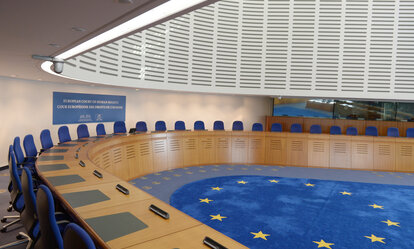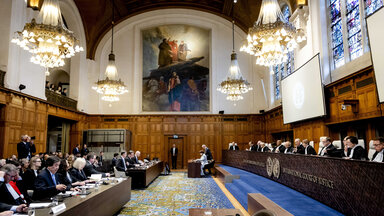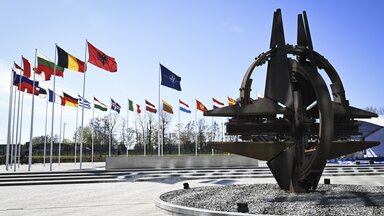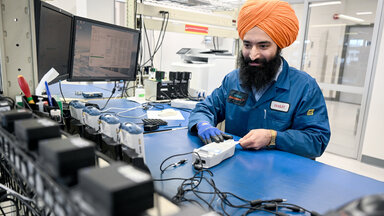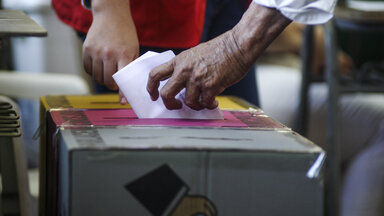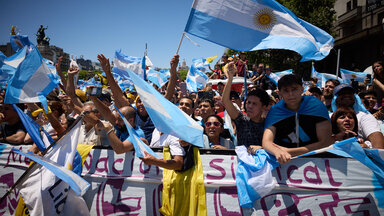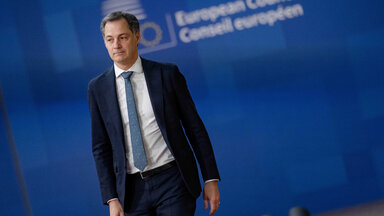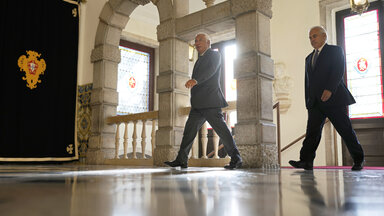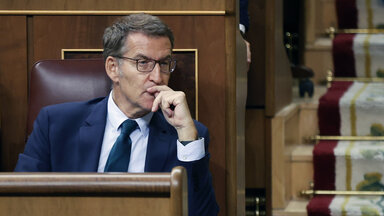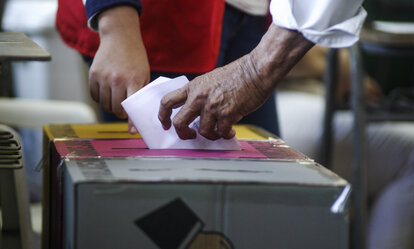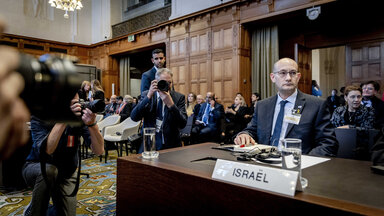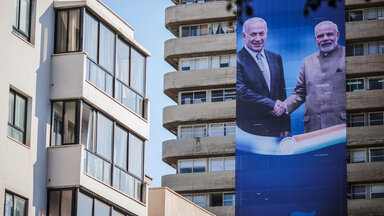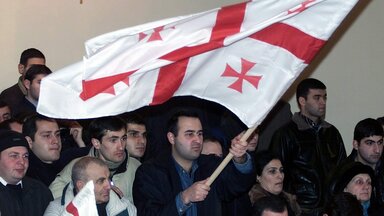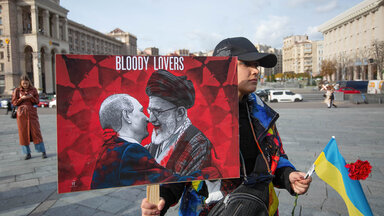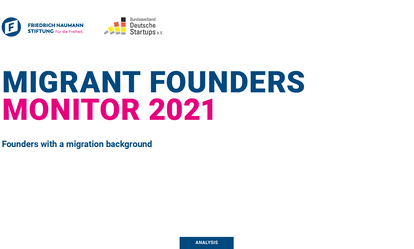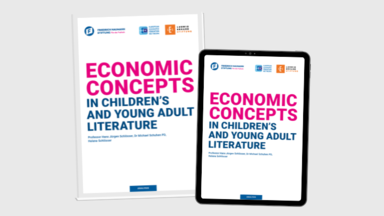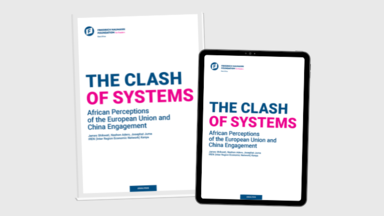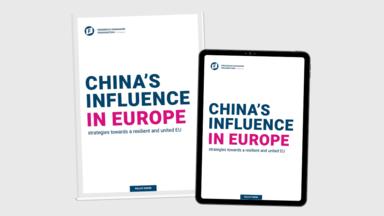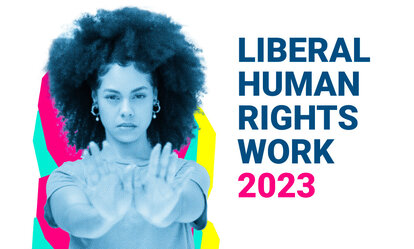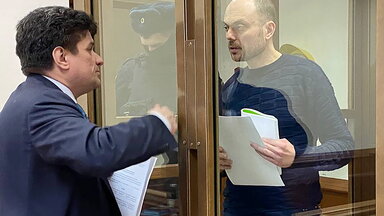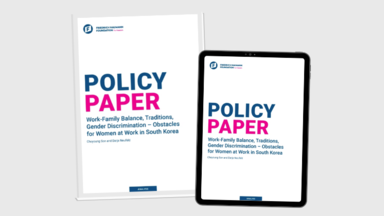Friedrich-Naumann-Stiftung für die Freiheit
News
-
65 Years of Protecting Human Rights and Freedoms in Europe
Since its first session 65 years ago, the European Court of Human Rights (ECtHR) has played a prominent role in the protection of human rights in Europe. But its work is facing new challenges. From authoritarian regimes to populist movements - the ECtHR is fighting for its legitimacy and effectiveness.
-
King Kong vs. Godzilla – the Croatian way
The political wrestling match in Croatia has begun: President Zoran Milanović and Prime Minister Andrej Plenković are facing off in a power struggle. With unconventional manoeuvres and sharp attacks on established politics, they are setting the course for the upcoming parliamentary elections. Who will emerge victorious from this epic duel? And what consequences will this have for Croatia and the EU?
-
One small step for women's rights, one giant leap for Morocco
On the initiative of King Mohammed VI, the whole of Morocco is debating women's and fundamental rights - a process that is a success regardless of the outcome. If it even leads to the abolition of child marriages, polygamy and unjust inheritance laws, this would send a signal to the entire MENA region.
-
Nicaragua vs. Germany: a political red herring
The hearing in Nicaragua's lawsuit against Germany begins today at the International Court of Justice. The accusation: Germany is aiding and abetting genocide by supporting Israel. However, the timing and background to this step raise questions. A look behind the scenes reveals a bleak picture of the human rights situation in Nicaragua and the questionable motives behind this legal move.
-
After 75 years, NATO comes full circle
As NATO celebrates its 75th anniversary, it is possibly more relevant than ever before. With Russia’s aggression presenting an ever-growing threat to the European continent, the Alliance is back as the cornerstone of Europe’s security. However, amid a rapidly changing geopolitical landscape, NATO also finds itself in the middle of a transformation once again. What are the new challenges and where is the Alliance heading?
-
All lively on the Western front: the difficult situation of Ukrainian logisticians
The war in Ukraine has been raging for over two years and its effects are far-reaching. In addition to direct suffering, the focus is also on indirect consequences, such as the search for new trade routes and overcoming logistical challenges. Border blockades and political tensions are exacerbating the situation, but require a coordinated European response to ensure stability and competitiveness in the region.
-
The Foundation for Freedom in Germany and the World
Based on the principles of liberalism, the Friedrich Naumann Foundation for Freedom offers political education in Germany and abroad. Our headquarter is located in Potsdam, and we maintain offices throughout Germany and in over 60 countries around the world.
With our events and publications, we help people to become actively involved in political affairs. We support talented young students with scholarships.
-
Política de inmigración: ¡pedimos talentos, pero vinieron muy pocos!
Se suponía que la Ley de inmigración de mano de obra cualificada iba a ser un punto de inflexión, pero la realidad parece sombría. Desde obstáculos burocráticos a falta de infraestructuras, Alemania corre el riesgo de perder la competencia internacional por el talento. Pero hay esperanza: las reformas y un replanteamiento podrían cambiar las tornas. ¿Ganará Alemania la batalla por las mentes más brillantes?
-
¿El Salvador en camino a un régimen autoritario?
Hay mucho en juego en las elecciones presidenciales y parlamentarias de El Salvador. Pero el resultado parece cantado. El presidente electo Nayib Bukele, de 42 años, probablemente iniciará pronto su -inconstitucional- segundo mandato.
-
Argentina se enfrenta a un paro general el próximo 24 de enero - ¿Qué va a suceder?
El paro general del 24 de enero será un indicador importante de cuánto apoyo continúa teniendo Milei entre la mayoría de la población, de si puede lograr más impulso para su ambicioso plan reformista, o de si tendrá que prepararse para una oleada en su contra.
-
España cede el testigo a Bélgica
La quinta Presidencia española del Consejo de la UE desde su adhesión a la Comunidad Europea, que comenzó el 1 de julio, está llegando a su fin: el 1 de enero de 2024, el testigo pasará de la Península Ibérica al corazón de la UE, Bélgica. ¿Cómo le ha ido a España en cuanto a proyectos previstos -y realmente realizados-? ¿Y cuáles son las prioridades de Bélgica tan poco después de las elecciones al Parlamento Europeo?
-
Javier Milei será el próximo Presidente de Argentina
Con Javier Milei como nuevo presidente, Argentina se enfrenta a una nueva transformación política. La transición a la presidencia plantea retos en el diálogo con el Presidente Alberto Fernández, perteneciente al peronismo, y en la compleja composición del Congreso. El programa de reformas de Milei y las relaciones internacionales provocan incertidumbre. Las reacciones positivas de los mercados tras las elecciones dan esperanzas de recuperación económica, mientras que la atención se centra en la aplicación de reformas estructurales y la preservación de las instituciones democráticas.
-
El primer ministro portugués Costa dimite - nuevas elecciones en marzo de 2024
El panorama político portugués está agitado: António Costa, primer ministro de Portugal y líder de los socialistas desde 2015, ha dimitido en medio de acusaciones de implicación en tráfico de influencias, corrupción y comportamiento cuestionable en proyectos energéticos. El presidente Marcelo Rebelo de Sousa reaccionó con preocupación ante la inestabilidad política. El escándalo de corrupción podría tener consecuencias de gran alcance para el futuro político de Portugal.
-
No hay tolerancia para el terrorismo: solidaridad con Israel
La Fundación Friedrich Naumann para la Libertad se solidariza con Israel, contra el terrorismo y a favor de la paz en la región. Toda la humanidad comparte el derecho fundamental a vivir segura, libres del temor a la violencia. No perdemos la esperanza de un futuro en el que israelíes y palestinos puedan vivir juntos en paz, con prosperidad y seguridad.
-
Más espectáculo que opción real de poder: el fracaso en las elecciones a la Presidencia del Gobierno español de Alberto Núñez Feijóo (PP)
La semana pasada, Alberto Núñez Feijóo, presidente del conservador Partido Popular ("PP"), fracasó en las elecciones para convertirse en el nuevo presidente del Gobierno español y, por tanto, no podrá sustituir al actual presidente en funciones Pedro Sánchez, del Partido Socialista Obrero Español ("PSOE"). Feijóo había sido designado candidato por el Rey Felipe VI a finales de agosto, ya que el PP había obtenido el mayor número de escaños en las elecciones generales españolas del 23 de julio de 2023 (pero se quedó a las puertas de la mayoría absoluta incluso junto con los votos del partido populista de derechas VOX).
